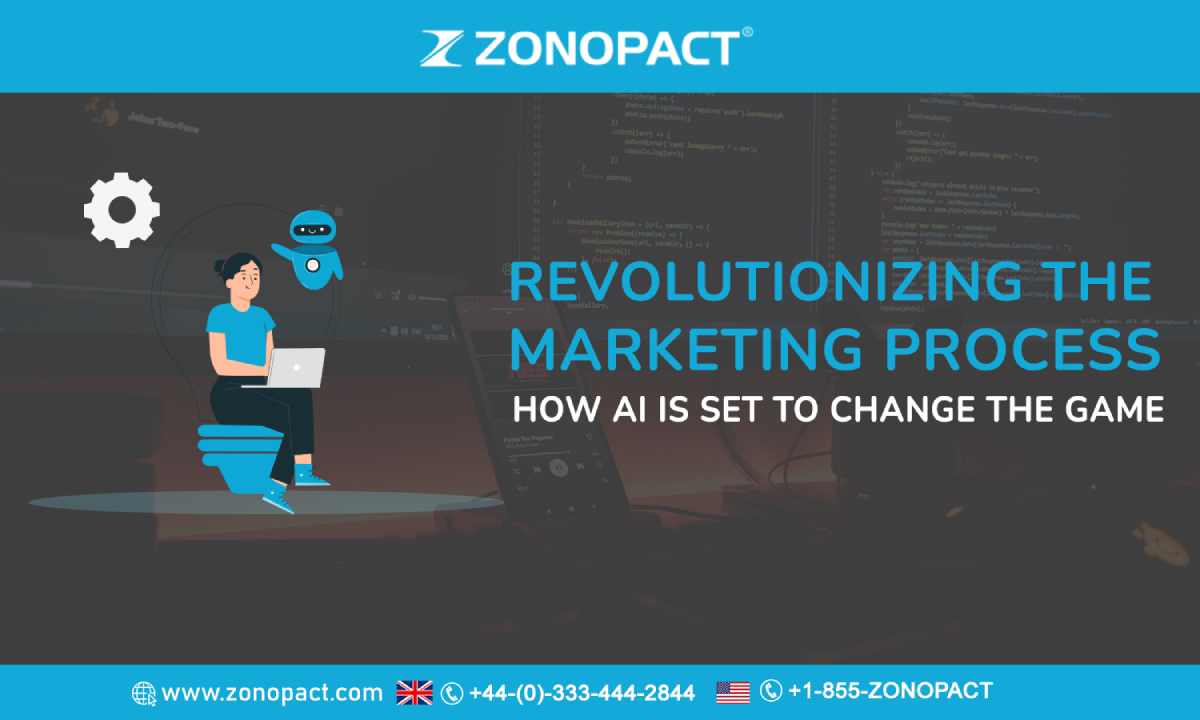
In today’s fast-paced digital landscape, businesses are constantly looking for new and innovative ways to stay ahead of the competition. One of the most exciting developments in recent years has been the rise of artificial intelligence (AI) and its potential to revolutionize the marketing process. With its ability to analyze vast amounts of data and generate insights in real-time, AI is set to change the game in ways we could have never imagined. From personalized product recommendations to chatbots that provide instant customer support, AI-powered marketing is already transforming the way businesses interact with their customers. In this article, we’ll take a closer look at the ways in which AI is set to revolutionize the marketing process, and explore how businesses can stay ahead of the curve in this rapidly evolving landscape.